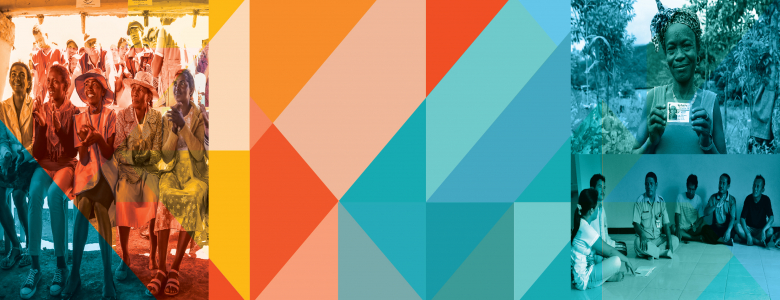Now available: Recording and presentation slides from the webinar Understanding People's Perspective on Identification can be accessed on the Online Learning Campus.
This Toolkit is intended to help World Bank teams, country practitioners, and researchers plan qualitative studies related to people’s experiences with identification or “ID”—including ID systems and processes, identity documents and credentials, and authentication.
Please share by email any information on how you used this toolkit, suggestions for additional content or any issues you encountered with this toolkit.
Understanding how people access and use identity credentials and services in their daily lives is an essential step toward building ID systems that are responsive and inclusive. When well designed and executed, qualitative research that collects data on people’s ID-related experiences, perspectives, and needs in a variety of contexts can provide critical information for those involved in planning, designing, or implementing ID systems to further development goals. For this reason, the World Bank and many of its partner organizations have begun to scale up qualitative studies on ID to inform operational work and contribute to global knowledge on this subject.
This Toolkit contributes to this effort by synthesizing core methods, tools, and good practices derived from social science literature and practical experience from conducting qualitative research for a range of topics across the global South. It also highlights key issues and lessons learned from previous qualitative studies on ID, and provides examples of ID-specific discussion guides, activities, forms, and other tools used by World Bank researchers and other organizations in the field. To the best of our knowledge, this is the first resource to comprehensively adapt qualitative methods specifically to the ID context.
By reducing the start-up cost of planning a qualitative study on ID, we hope this Toolkit will:
- Facilitate and streamline the inclusion of qualitative research into the planning and implementation of ID projects and systems.
- Ensure that these studies are well designed, use rigorous methods, and follow commonly accepted ethical principles.
- Serve as a public good for researchers that allows them to better leverage resources and lessons learned in previous studies and to develop a more coherent body of knowledge.
The Toolkit is intended to be a living document and, as such, good practices and examples of tools, exercises, and training materials will be periodically added as new qualitative studies on ID are conducted.


